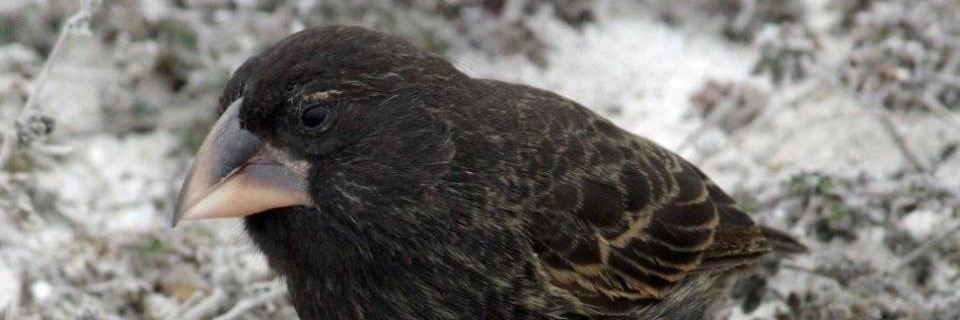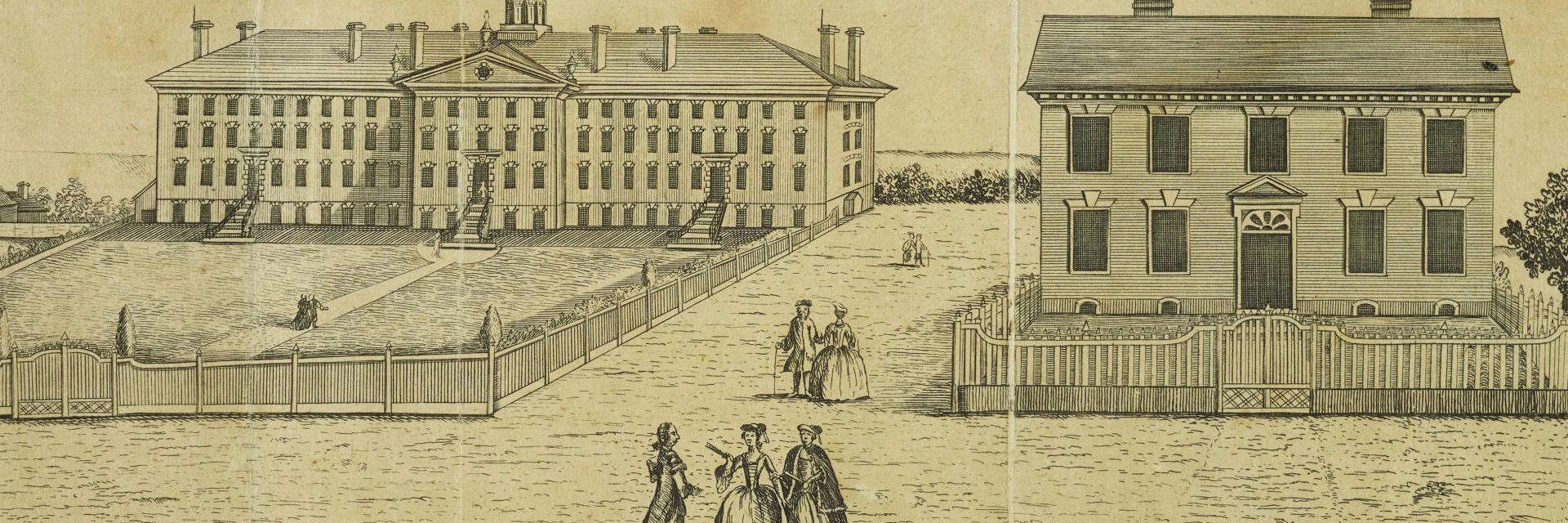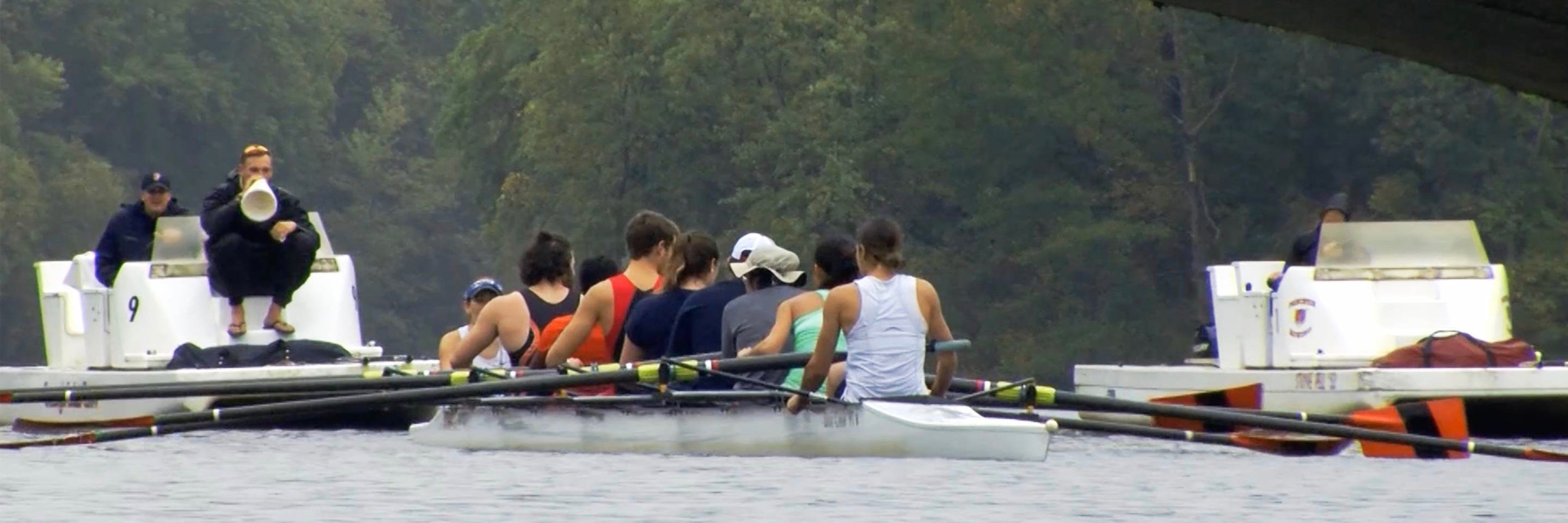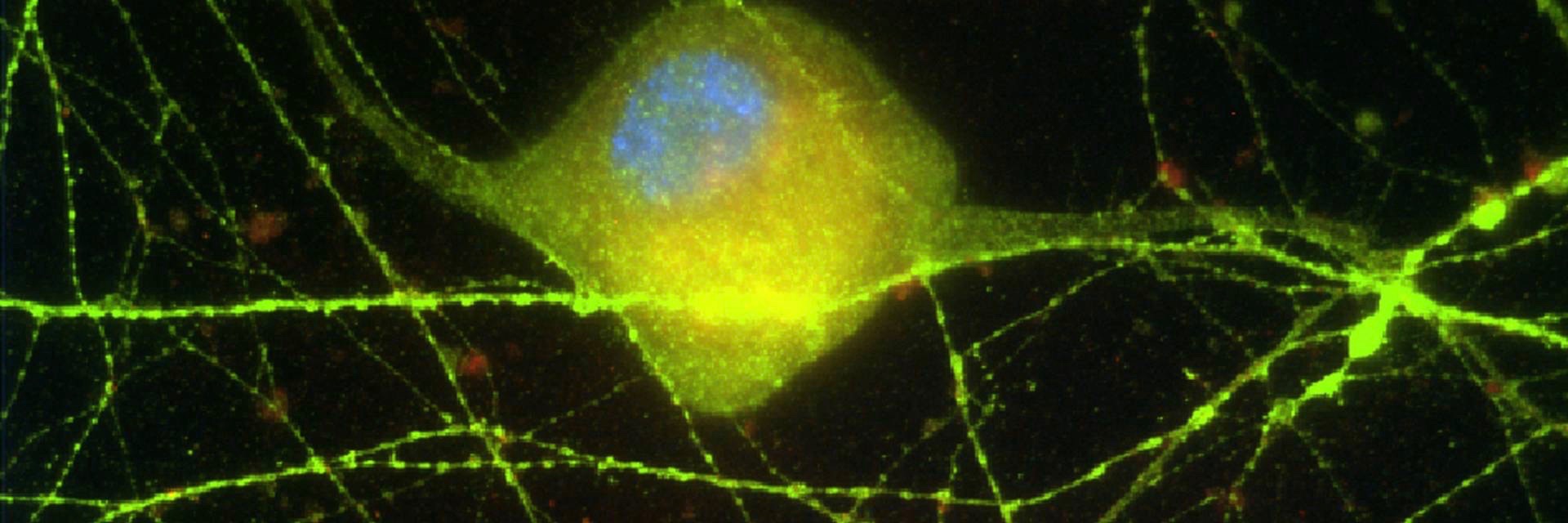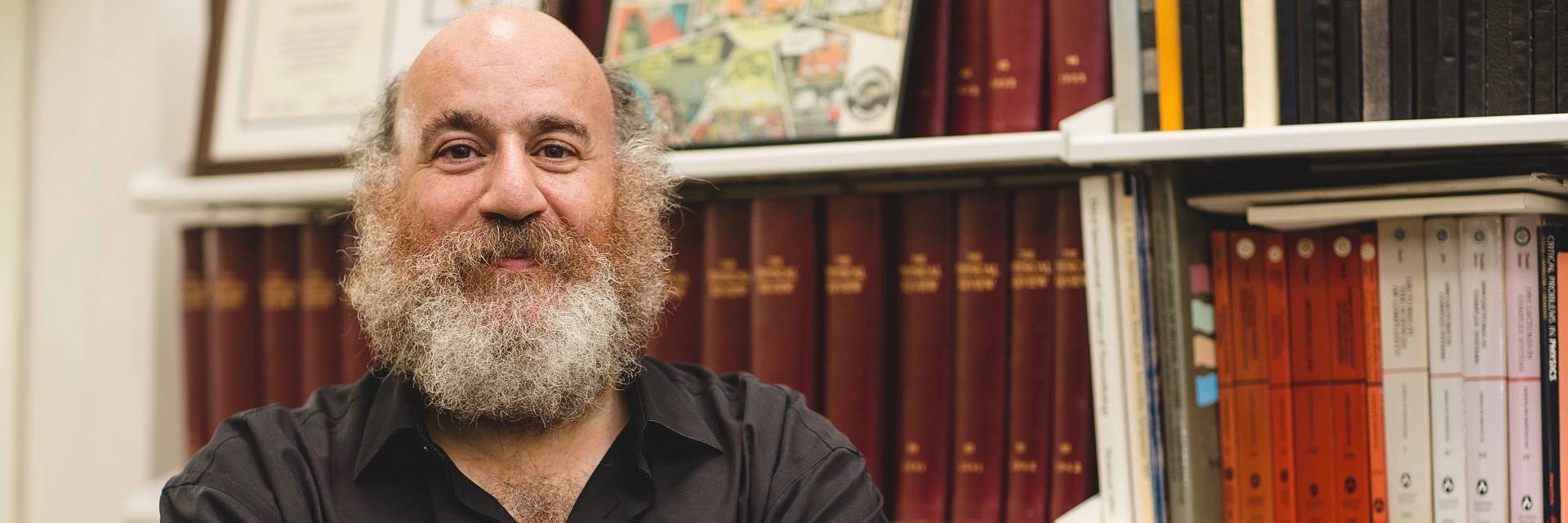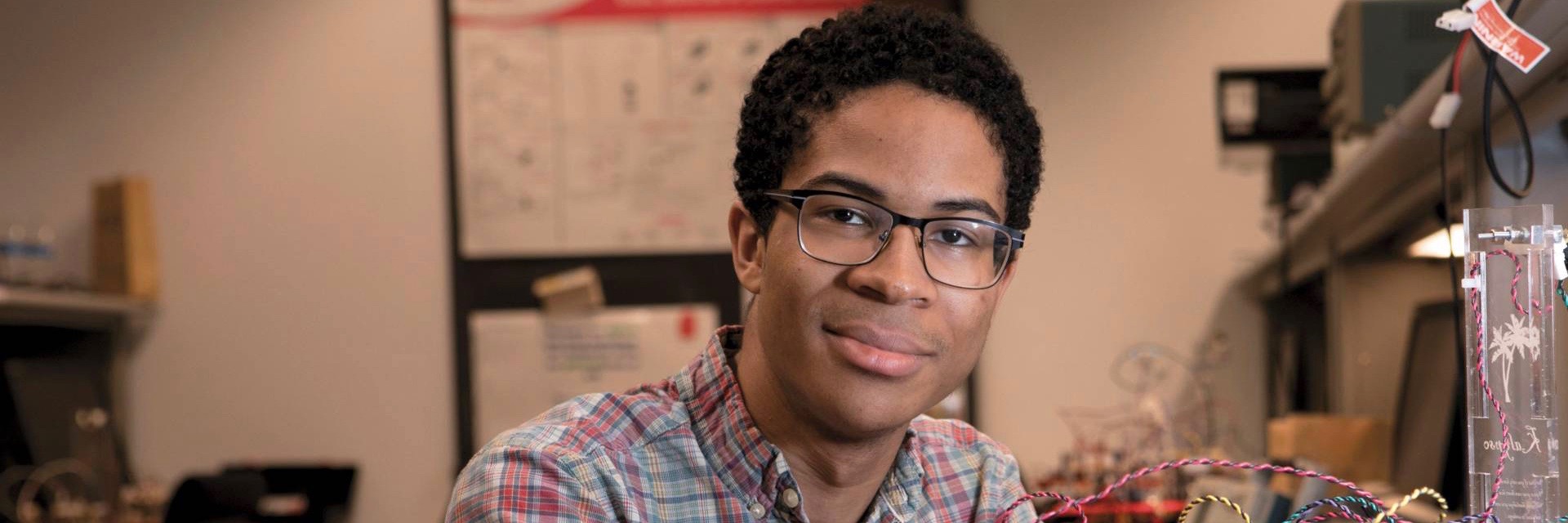 Princeton University senior Jordan Thomas has been awarded a Rhodes Scholarship for graduate study at the University of Oxford. He is among the 32 American recipients of the prestigious fellowships, which fund two to three years of graduate study at Oxford.
Princeton University senior Jordan Thomas has been awarded a Rhodes Scholarship for graduate study at the University of Oxford. He is among the 32 American recipients of the prestigious fellowships, which fund two to three years of graduate study at Oxford.
Author Archives: ea7
Study of Darwin’s finches reveals that new species can develop in as little as two generations
A new study by Princeton researchers illustrates how new species can arise in as little as two generations. The study tracked Darwin’s finches on the Galápagos island of Daphne Major, where a member of the G. conirostris species (pictured) arrived from a distant island and mated with a resident finch of the species G. fortis.
LEDs light the way for better drug therapies
Fragile Families Challenge uses ‘big data’ to answer big questions
 What would happen if hundreds of social scientists and data scientists worked together on a scientific challenge to improve the lives of disadvantaged children in the United States? The Fragile Families Challenge, an ongoing mass research collaboration that uses “big data” collected as part of Princeton University’s Fragile Families and Child Wellbeing Study, is attempting to answer just that.
What would happen if hundreds of social scientists and data scientists worked together on a scientific challenge to improve the lives of disadvantaged children in the United States? The Fragile Families Challenge, an ongoing mass research collaboration that uses “big data” collected as part of Princeton University’s Fragile Families and Child Wellbeing Study, is attempting to answer just that.
Uwe Reinhardt, leading authority on health care economics and admired teacher, dies at 80
Listen, read, create: Exploring the Princeton and Slavery Project through the arts
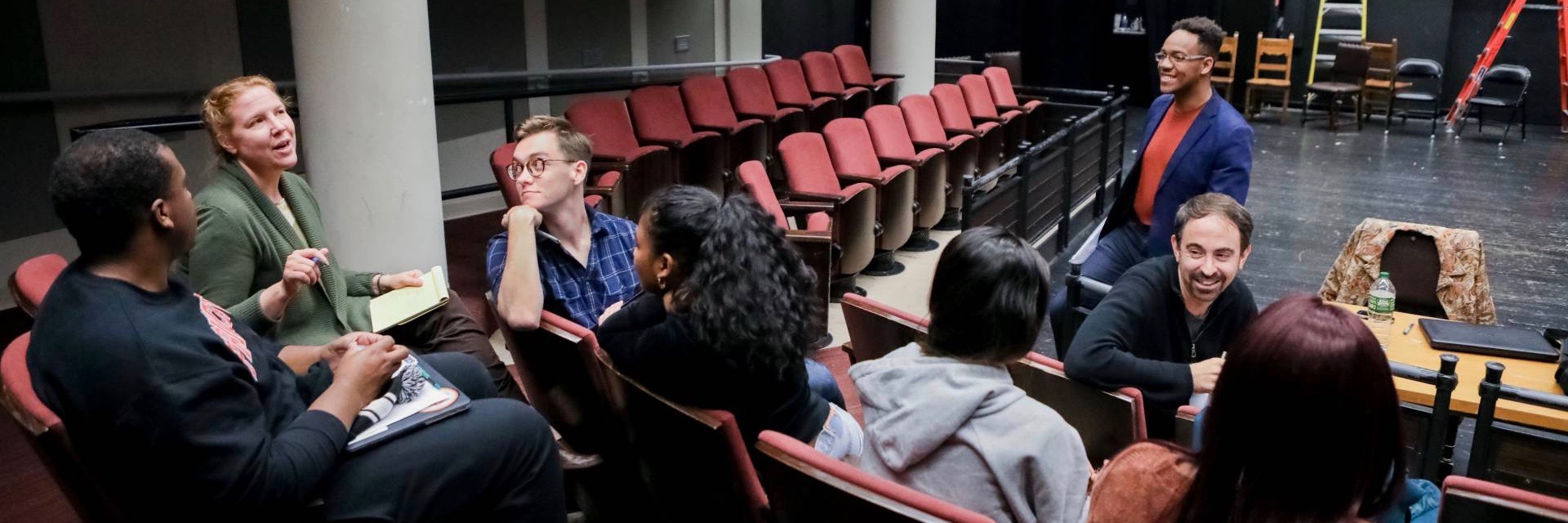 How does theater help us navigate charged issues? How does a sculpture help bring history into the present moment? The Princeton and Slavery Project is creating opportunities for Princeton students and community members to bring the arts to questions like these — in the classroom, at McCarter Theatre and through an installation commissioned by the Princeton University Art Museum.
How does theater help us navigate charged issues? How does a sculpture help bring history into the present moment? The Princeton and Slavery Project is creating opportunities for Princeton students and community members to bring the arts to questions like these — in the classroom, at McCarter Theatre and through an installation commissioned by the Princeton University Art Museum.
CPUC committee seeks suggestions for naming new garden, East Pyne arch
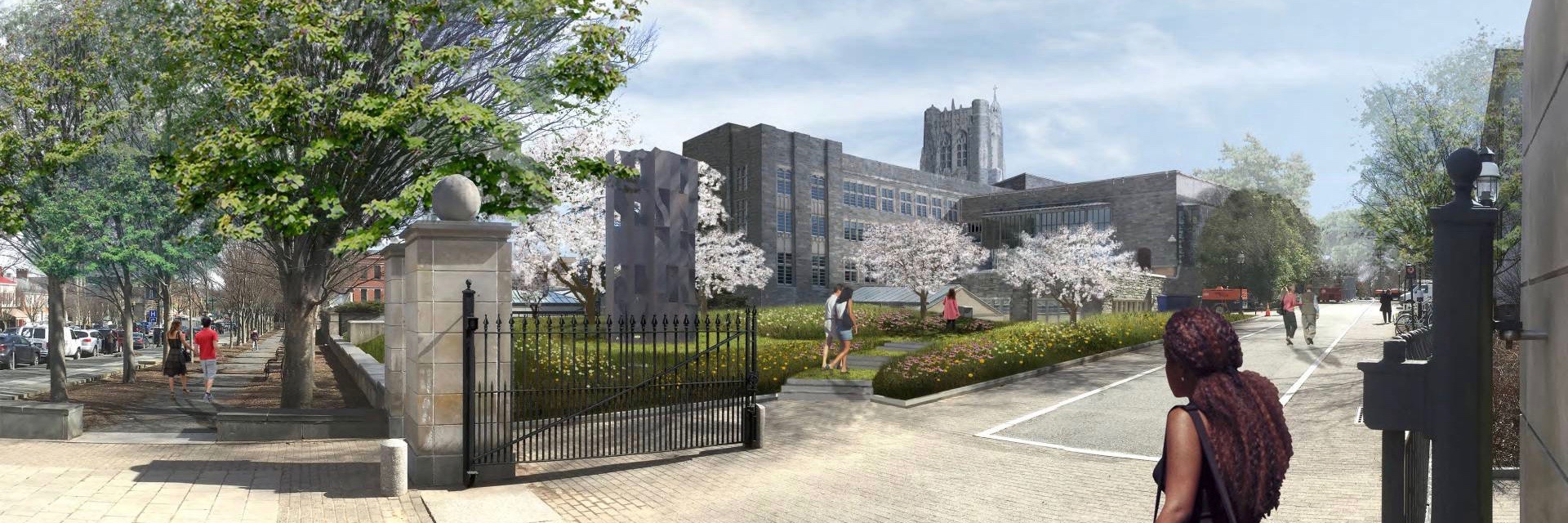 The CPUC Committee on Naming that last spring recommended that the former West College be renamed Morrison Hall in honor of Nobel Laureate and former Princeton faculty member Toni Morrison and that the main auditorium in Robertson Hall be named in honor of Nobel Laureate and former Princeton faculty member Sir Arthur Lewis is seeking suggestions for the naming of two spaces that the trustees have referred to the committee for this year.
The CPUC Committee on Naming that last spring recommended that the former West College be renamed Morrison Hall in honor of Nobel Laureate and former Princeton faculty member Toni Morrison and that the main auditorium in Robertson Hall be named in honor of Nobel Laureate and former Princeton faculty member Sir Arthur Lewis is seeking suggestions for the naming of two spaces that the trustees have referred to the committee for this year.
Sonya Smith joins Woodrow Wilson School as director of graduate admissions
Room for growth: Princeton’s Vertical Farming Project harvests knowledge for a budding industry
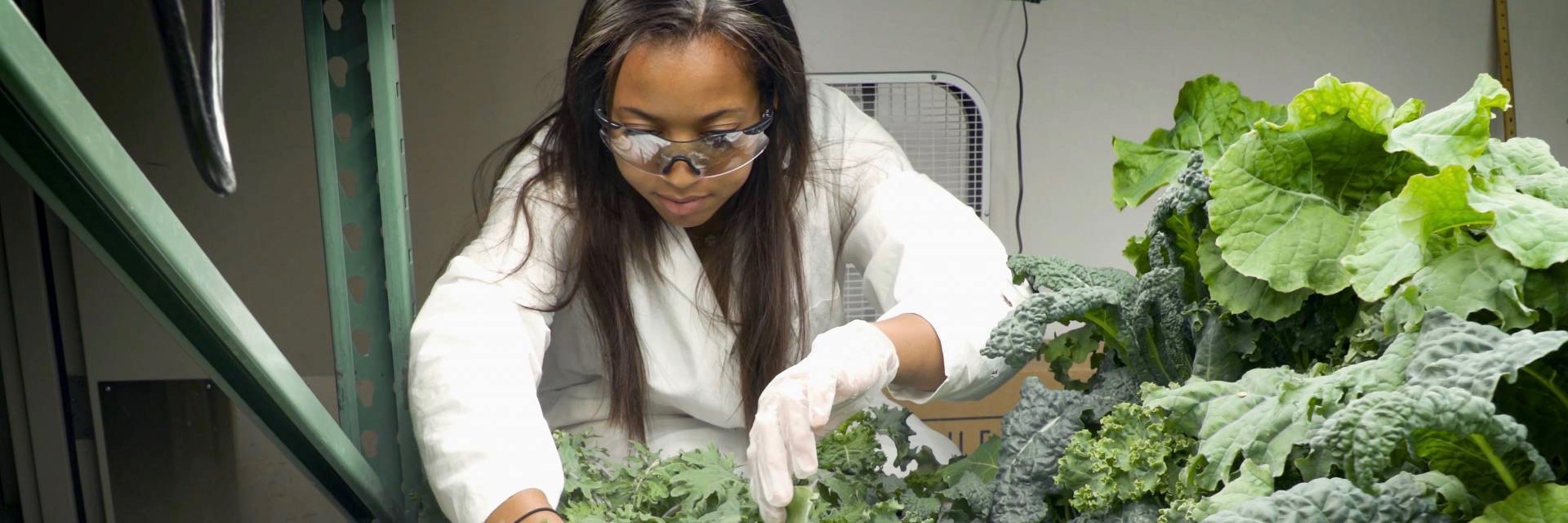 Princeton University’s Vertical Farming Project began at a conference in 2016 when the topic turned to increasing the crop yield of hydroponic systems — wherein plants are grown indoors without soil by using only water and nutrient solutions — by pressurizing water with extra oxygen in a tank before feeding it to the plants. The idea was on everyone’s lips.
Princeton University’s Vertical Farming Project began at a conference in 2016 when the topic turned to increasing the crop yield of hydroponic systems — wherein plants are grown indoors without soil by using only water and nutrient solutions — by pressurizing water with extra oxygen in a tank before feeding it to the plants. The idea was on everyone’s lips.
Effects of climate change demand holistic adaptation response
Princeton scientists, alumna honored with Edison Awards
 Scientists from Princeton University and the U.S. Department of Energy’s Princeton Plasma Physics Laboratory (PPPL) have won 2017 Edison Patent Awards from the Research & Development Council of New Jersey. Princeton alumna and trustee Laura Overdeck was honored as Educator of the Year. The winners were recognized Nov. 2 at the Liberty Science Center in Jersey City, New Jersey.
Scientists from Princeton University and the U.S. Department of Energy’s Princeton Plasma Physics Laboratory (PPPL) have won 2017 Edison Patent Awards from the Research & Development Council of New Jersey. Princeton alumna and trustee Laura Overdeck was honored as Educator of the Year. The winners were recognized Nov. 2 at the Liberty Science Center in Jersey City, New Jersey.
Princeton, a student and Microsoft file federal lawsuit to preserve DACA
 Princeton University, one of its students and Microsoft have mounted a legal challenge to the federal government’s termination of the Deferred Action for Childhood Arrivals (DACA) program as announced on September 5, 2017. The complaint, filed on November 3 in federal court in Washington, D.C., alleges that DACA’s termination violated both the United States Constitution and federal law.
Princeton University, one of its students and Microsoft have mounted a legal challenge to the federal government’s termination of the Deferred Action for Childhood Arrivals (DACA) program as announced on September 5, 2017. The complaint, filed on November 3 in federal court in Washington, D.C., alleges that DACA’s termination violated both the United States Constitution and federal law.
Princeton research project explores past ties to slavery
Princeton rowers create bonds, opportunities with Special Olympics athletes
Are the grandkids worth it? Climate change policy depends on how we value human population
 If the human population continues to grow, more pressure will be put on carbon dioxide emissions — leaving future generations vulnerable to the effects of climate change. To head this off, greenhouse gas emissions must be reduced, but that could cost billions of dollars or more over the next few decades, a dilemma plaguing today’s policymakers.
If the human population continues to grow, more pressure will be put on carbon dioxide emissions — leaving future generations vulnerable to the effects of climate change. To head this off, greenhouse gas emissions must be reduced, but that could cost billions of dollars or more over the next few decades, a dilemma plaguing today’s policymakers.
Hush, little virus, don’t say a word: How Princeton scientists investigate sleeping viruses
Mix of biotech, data science in NJ is promising for better health and business growth, panel concludes
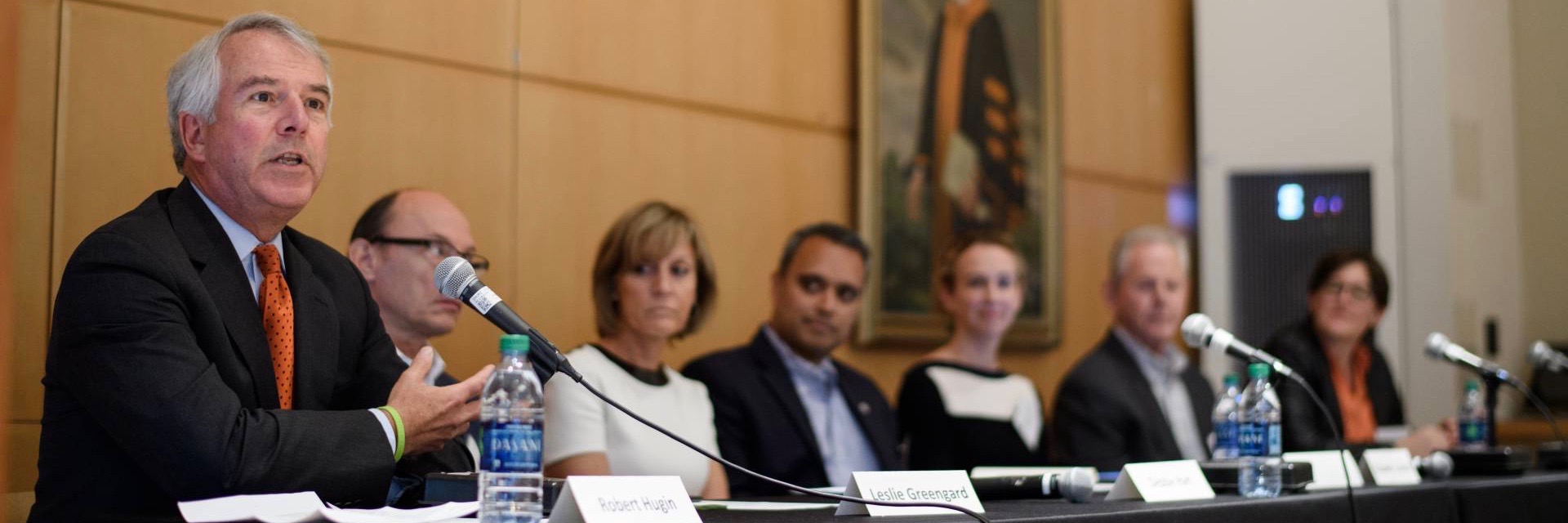 Companies and academic institutions of New Jersey have a unique opportunity to solve health care problems and grow new businesses at the intersection of biotechnology and data science, a panel of leaders from industry and academia concluded at a conference convened by Princeton University on Oct. 25.
Companies and academic institutions of New Jersey have a unique opportunity to solve health care problems and grow new businesses at the intersection of biotechnology and data science, a panel of leaders from industry and academia concluded at a conference convened by Princeton University on Oct. 25.

